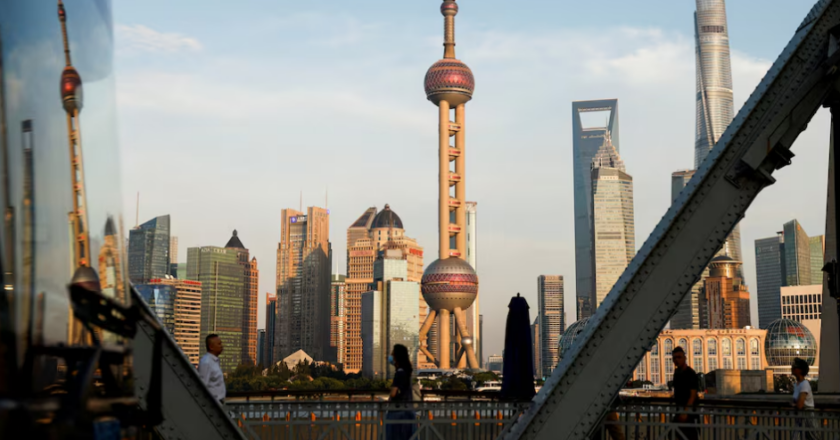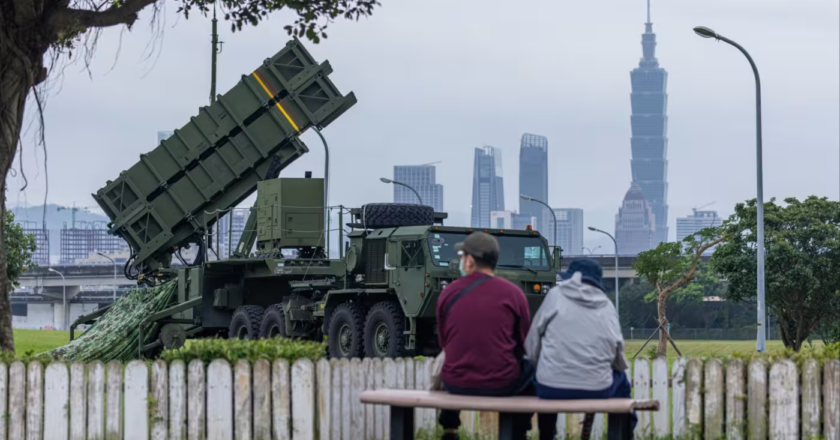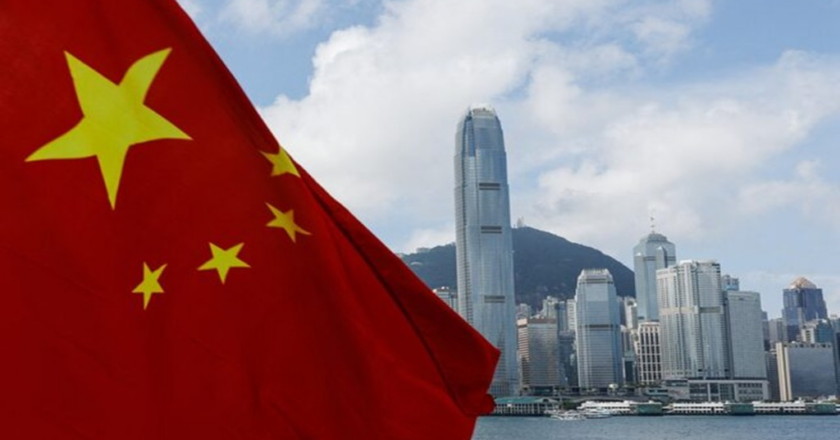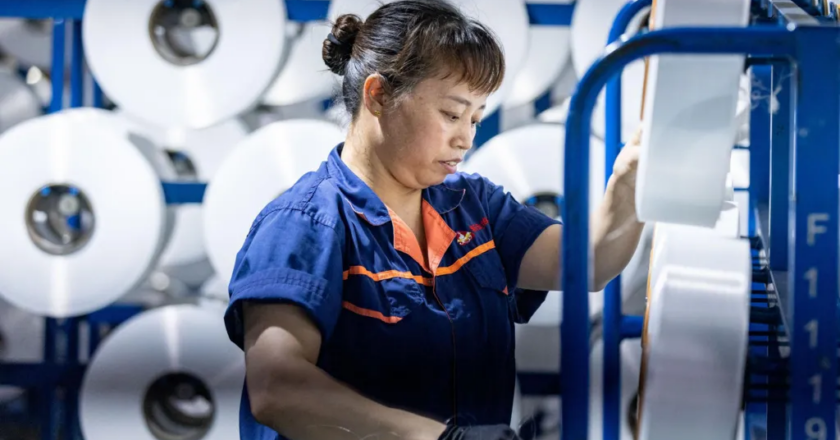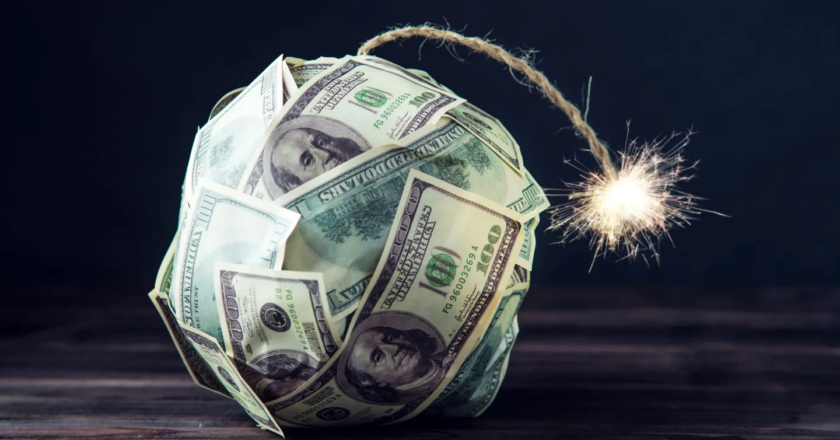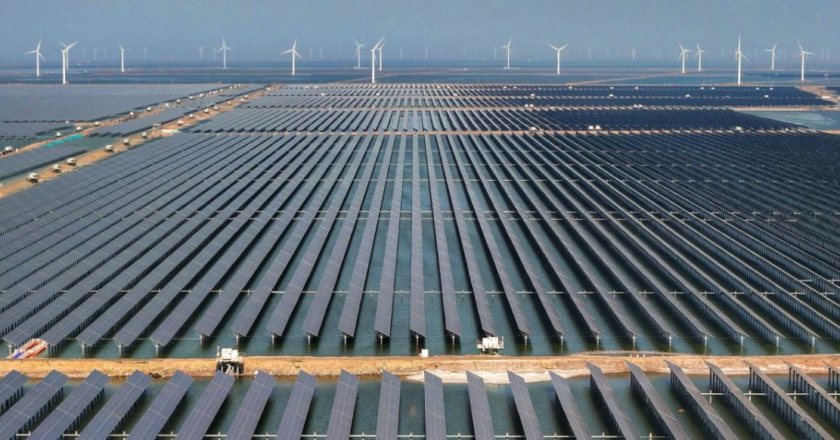Is China facing another deadly disease 5 years after COVID-19 crisis? Reports claim…
The Chinese Ministry of Health has launched a big campaign to save people from the outbreak of Chikungunya fever.
Another deadly disease is spreading in China five years after the COVID-19 pandemic. The hospitals in the southern Chinese city of Foshan are reportedly full and can hardly accommodate more patients. Many patients are in hospitals waiting for their turn to receive treatment. Chikungunya is the disease responsible for the increase in patients. The Chinese Ministry of Health has launched a campaign to save people from Chikungunya fever.
China's Ministry of Health has launched an emergency campaign to protect people who could contract chikungunya fever. This is significant because Guangdong province has hardly ever seen cases of this illness. Hong Kong, a neighbor, is l...


